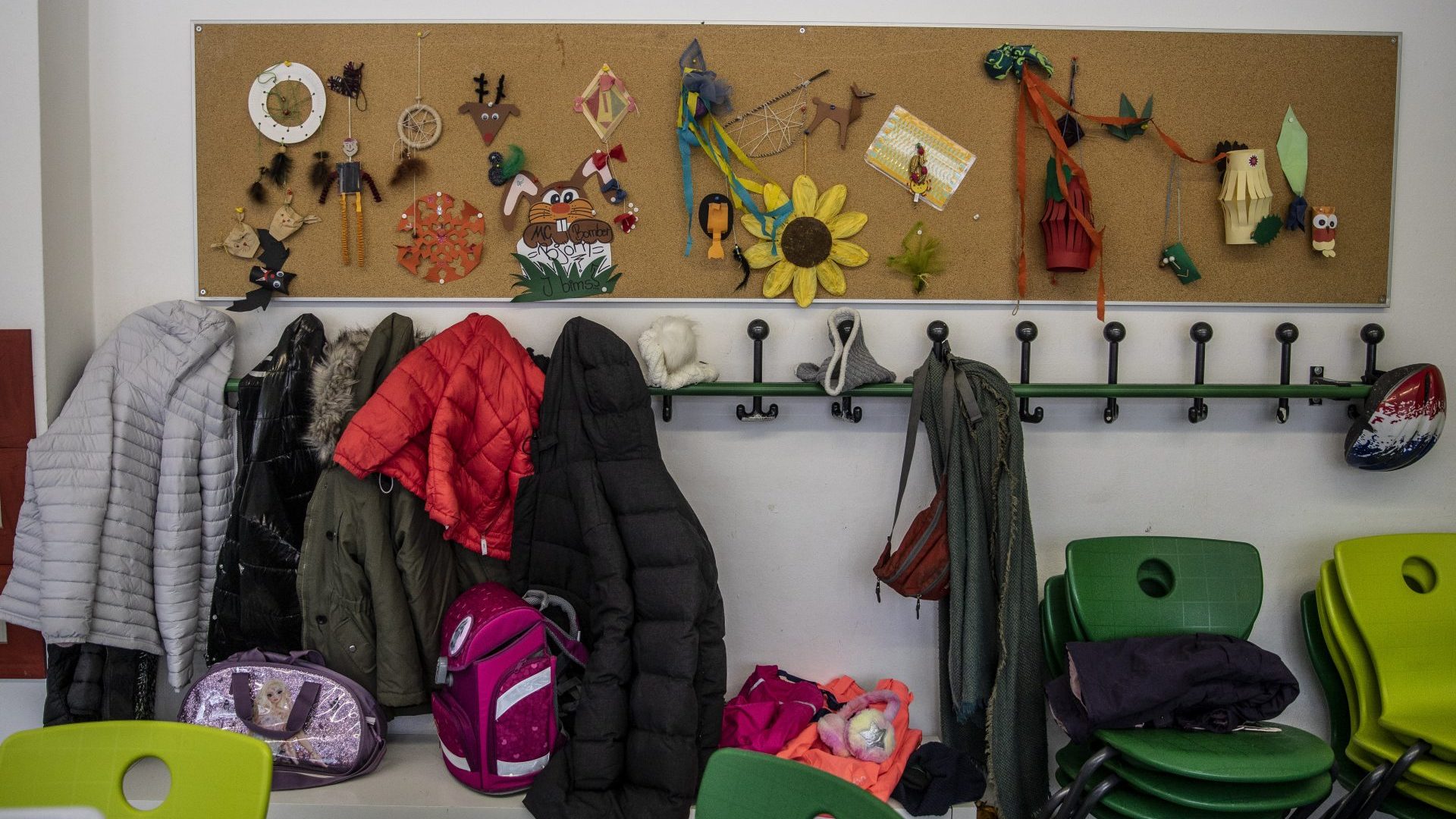Last week I listened to a radio feature titled “Rechtschreibung – wozu?” (“Spelling – what for?”). In case this reminds you of last year’s university debate in Britain about whether marking down students for spelling mistakes was elitist – that wasn’t the topic. The German controversy still focuses on the source: primary school.
Do you remember how you were taught to write?
My vague memories include Frau Nüssgen, who handed out squirrel stickers in class and slowly took us through a colourful alphabet, week by week, letter by letter, while we copied the letters and the first simple words over and over again, in double-ruled exercise books that allegedly supported pretty handwriting.
I also recall my mother smilingly handing my Christmas wishlist back to me, saying that only wishes in correct German were accepted by Father Christmas. A great motivation to edit the first draft.
Educational science has evolved. For the better, in many cases, but some studies suggest spelling is getting worse by the year, which isn’t just down to social media addiction.
It has to do with conflicting teaching techniques in Germany that confuse pupils and teachers alike.
The classical technique is down to first and second graders practising, practising, practising, while a teacher corrects their mistakes.
This, according to critics, is both boring and demotivating, keeping kids from embracing writing as a fun thing to do. The progressive educationalists, therefore, promote another technique: spelling by sound.
A friend’s daughter texted me from her mother’s phone to thank me for a present. Her, let’s say, creative message was immediately followed by her mother’s text: “Don’t worry, she’s not dyslexic. Her school uses sound-orientated writing methods.”
Now I really was worried.
Not about dyslexia, no shame in that. I just worried that a teacher using this method wouldn’t have any extra time left to look after a dyslexic kid, maybe not even spot one, because the rest of the class couldn’t spell either… To which my friend replied wearily: “Well, in the first two years teachers hardly correct the spelling and parents are advised against it as well – telling kids about their mistakes could demotivate them. They’ll start learning the rules in year 3.” By which time they are eight or nine years old (German kids start school aged six or seven) and, according to the less progressive educationalists, valuable time has been wasted because once you’ve misspelled a word for two years, it will take triple the effort to spell it correctly.
Some of you know about the multiple opportunities our two languages offer to mix up words. German and English torture beginners with homophones (same sound, different spelling: flour, flower). A German example: isst (eats) is pronounced like ist (is). There’s an upper and a lower case, too: Der gefangene Floh (the captured flea) sounds like Der Gefangene floh (the prisoner escaped). And finally, you may simply misspell Angst by writing Anxt or Ankst. The progressives argue that kids will figure all that out by themselves in a playful way, the other experts say the exact opposite (and some proof is on their side).
The controversy left academic circles more than a decade ago – because parents surprisingly want to have a say, too, and as we’ve all been to school at some point everyone feels competent to join the debate.
Studies show that even students training to be teachers have declining spelling skills. And that a (modernised) classical method is more effective than the phonetic one, which brings me back to elitism: in Germany, primary school teachers are very powerful. At the end of primary school they recommend – in some Bundesländer in a binding way – which higher-level school a kid (aged 10-12) should enter.
I have friends who were not recommended to Gymnasium straight away, the top-level school leading to Abitur (A-levels). All of them but one have two things in common: foreign surnames, and eventually getting a university degree – despite the obstacle put in their path at a very early age because their spelling may not have been impeccable.
Research has shown that using the spell-as-you-speak method is yet another obstacle for kids with non-native parents.
So the least elitist thing to do is, literally, to teach all kids early on how to spell properly. And someone had better spell-check this column… Danke schön.




